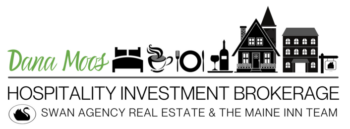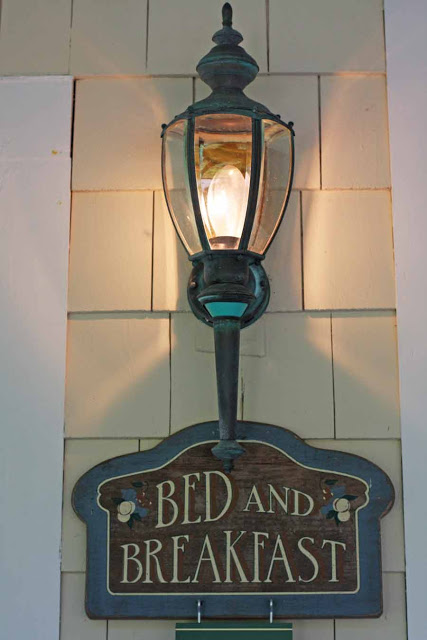But when your property is on the market for sale, minimizing the net income on the return should no longer be your focus, rather the complete opposite should be your focus. When a lender analyzes your business, the tax return is KING. During the buyer’s due diligence, the profit and loss statements are often provided to the buyer to understand how the business operates, but the lender uses 3 to 5 years of tax returns to analyze the business value. In essence, they start with the net income, add back amortization and depreciation and come up with a revised NOI (net operating income) with which the buyer has to cover their mortgage with some amount of cash left to live on. Quite often the P&Ls show a higher NOI than the tax returns because of deductions taken. The lender may take certain deductions and seller explanations into consideration when determining value, but the tax return is still KING!
The same way we discuss with our buyer clients their future exit strategy (which could be well down the road), innkeepers should consider the impact of their tax returns when thinking about selling and eventually, their exit strategy. At some point during your ownership of the business, a gradual transition from claiming as many deductions as possible to showing a greater bottom line is something to discuss with your accountant and your lender. Your lender can give you an idea of your business value at any time and your accountant will inform you of the tax implications of shifting your focus on the bottom line. This may cost you some along the way, but the value of your business in the end could have a much more beneficial impact when your buyer’s lender orders an appraisal. The greater your NOI, the greater your business value and potential sale price. Just something to consider…





